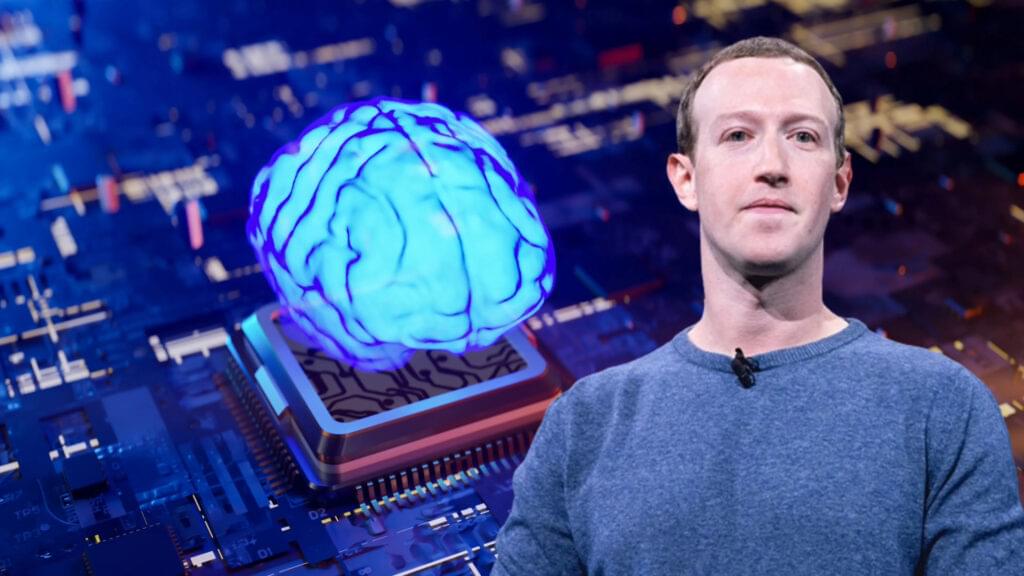In his first large-scale public presentation after receiving the Turing Award, Dr. Richard S. Sutton presents, “The Era of Experience & The Age of Design,” r…
Category: futurism – Page 26

Ultrafast coherent dynamics of microring modulators
An ultra-compact, ultra-wide-bandwidth in-phase/quadrature modulator on a silicon chip is demonstrated, enabling coherent transmission for symbol rates up to 180 Gbaud and a net bit rate surpassing 1 Tb s−1 over an 80 km span, with modulation energy consumption as low as 10.4 fJ bit−1, and promising enhanced performance and scalability for future networking infrastructures.

Replicating Kolmogorov’s Counterexample for Fourier Series in Context of Fourier Transforms
It is a famous result of Kolmogorov that there exists a (Lebesgue) integrable function on the torus such that the partial sums of Fourier series of $f$ diverge almost everywhere (a.e.). More specifically, he exhibited an $f\in L^{1}(\mathbb{T})$ such that.
\begin{align*} \sup_{N\geq 1}\left|S_{N}f(x)ight|=\sup_{N\geq 1}\left|(f\ast D_{N})(x)ight|=\infty, \qquad\forall \text{ a.e. } x\in\mathbb{T}, \end{align*} where $S_{N}$ is the $N^{th}$ partial sum and $D_{N}$ is the $N^{th}$ Dirichlet kernel given below. \begin{align*} S_{N}f(x):=\sum_{\left|night|\leq N}\widehat{f}(n)e^{2\pi inx}, \quad D_{N}(x):=\dfrac{\sin 2\pi(N+\frac{1}{2})x}{\sin \pi x} \end{align*} and we identify $\mathbb{T}$ with the unit interval $[0,1]$.
I have read, for example pg. 118 in [Pinsky], that Kolmogorov’s counterexample can be replicated in the context of the Fourier transform on the real line $\mathbb{R}$, showing that $L^{1}$ pointwise Fourier inversion can fail quite horribly. If my understanding is correct, then the following claim is true:

Grok-4 Heavy — Proto-ASI — LifeArchitect.ai LIVESTREAM
Dr Alan D. Thompson

Largest review of antidepressants to date finds most people do not experience severe withdrawal
The largest review of “gold standard” antidepressant withdrawal studies to date has identified the type and incidence of symptoms experienced by people discontinuing antidepressants, finding most people do not experience severe withdrawal.
“Incidence and Nature of Antidepressant Discontinuation Symptoms, A Systematic Review and Meta-analysis” was published in JAMA Psychiatry.
In a systematic review and meta-analysis of previous randomized controlled trials relating to antidepressant withdrawal, a team of researchers led by Imperial College London and King’s College London concluded that, while participants who stopped antidepressants did experience an average of one more symptom than those who continued or were taking placebos, this was not enough to be judged as significant.


Fig trees convert atmospheric CO₂ to stone, research reveals
Some species of fig trees store calcium carbonate in their trunks—essentially turning themselves (partially) into stone, new research has found. The team of Kenyan, U.S., Austrian, and Swiss scientists found that the trees could draw carbon dioxide (CO2) from the atmosphere and store it as calcium carbonate ‘rocks’ in the surrounding soil.
The research was presented at the Goldschmidt conference in Prague.
The trees —native to Kenya—are one of the first fruit trees shown to have this ability, known as the oxalate carbonate pathway.
